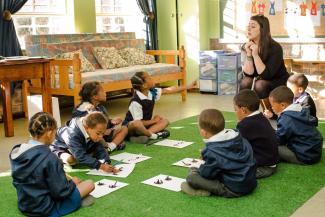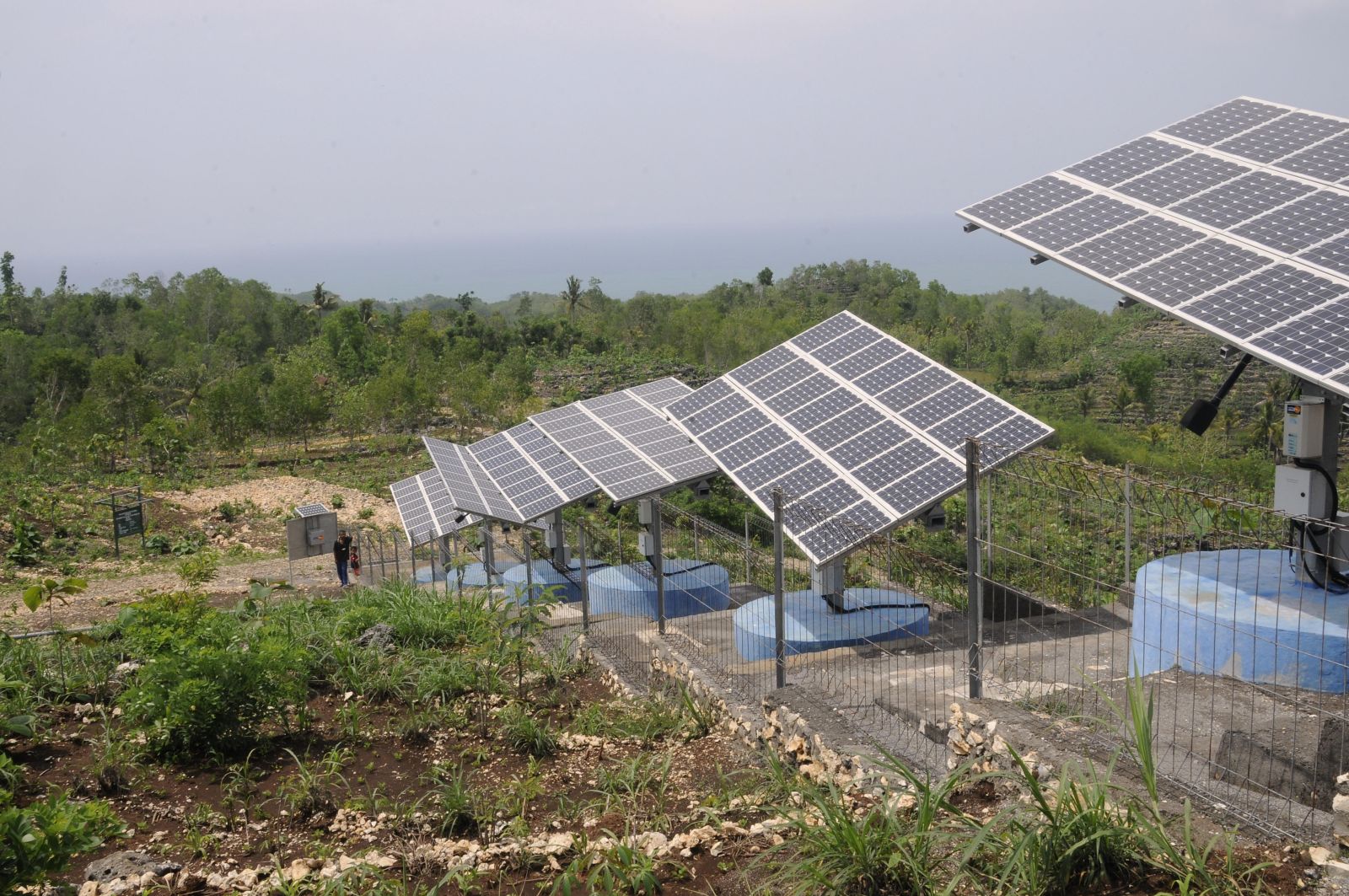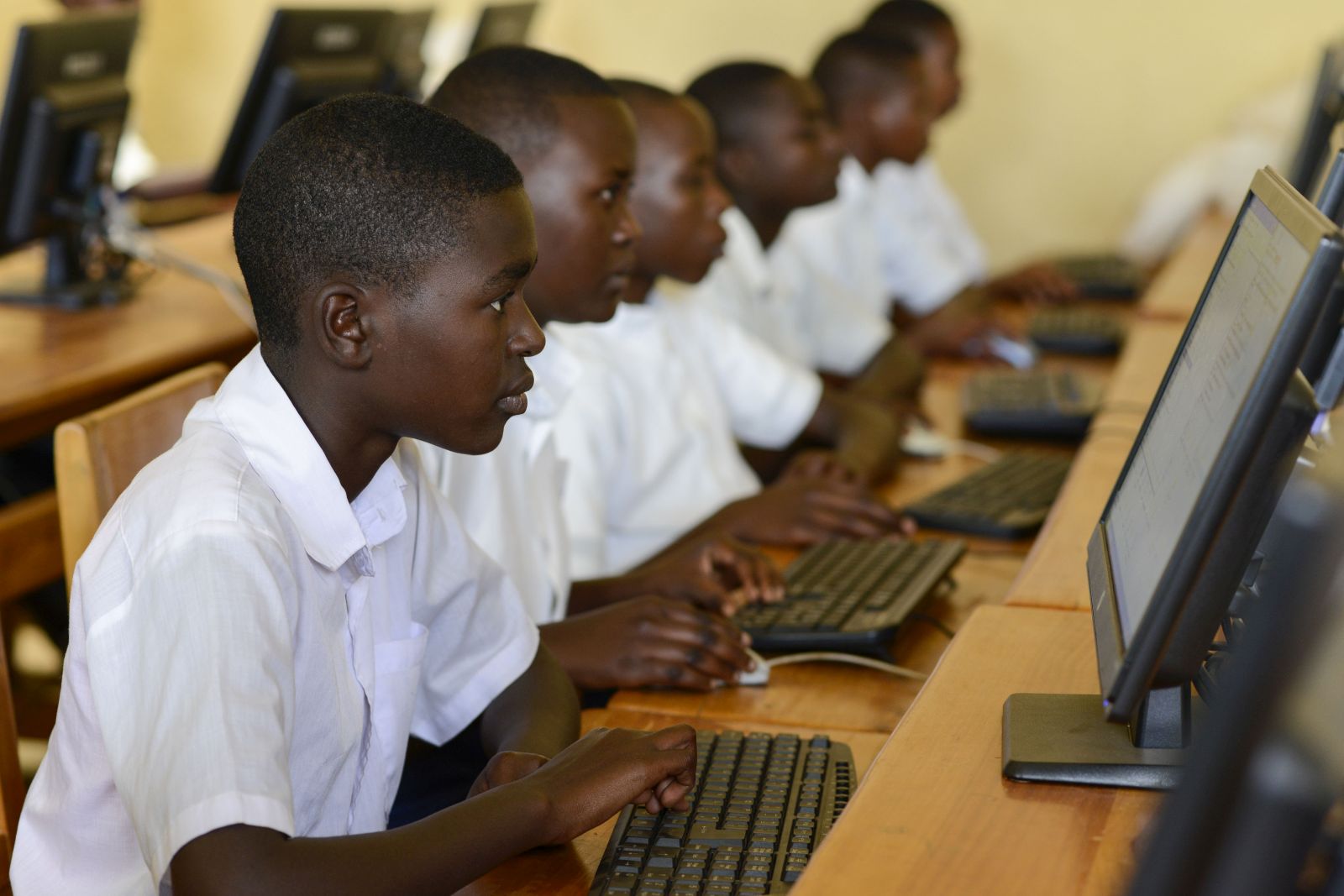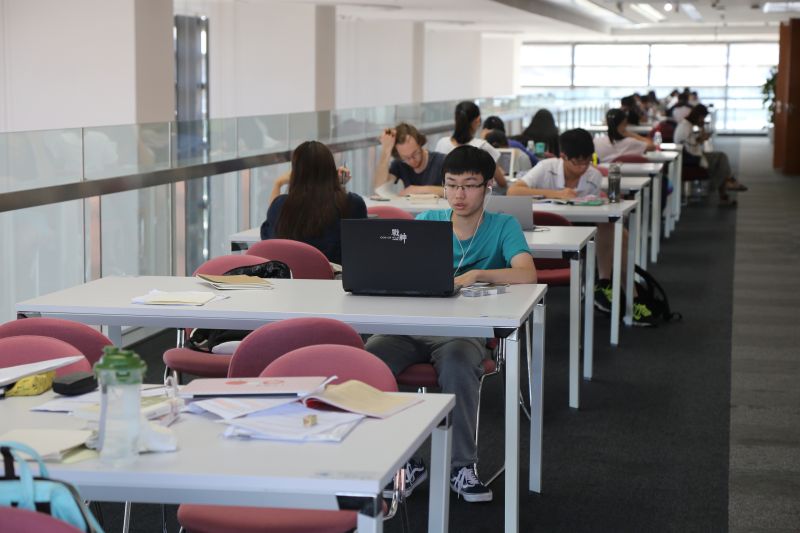Schools
What kind of teachers Africa needs to ensure social justice

Getting social justice right in schools has two dimensions. The first is social inclusion in the sense of all children getting quality education, including those from disadvantaged communities. The second is societal awareness, in the sense of young people gaining an understanding of what causes poverty, what the impacts are, and what kind of policy interventions can make a difference.
Both social inclusion and societal awareness are important if all members of a country’s young generation are to become fully empowered citizens of a democratic nation. Though primary-school enrolment has increased dramatically in many low- and middle-income countries since the turn of the millennium, the quality of teaching all too often remains quite poor. Therefore, quality education is the United Nations’ fourth Sustainable Development Goal (SDG4).
Teaching young children is harder than many believe, particularly in multi-lingual and multi-cultural societies. It is still all too common for young pupils to be yelled at in a language they do not understand and perhaps even get beaten because they do not respond in the way an educator expects (see Laura Hinze on our platform).
If young children are to learn well, it helps to teach them in their mother tongue, and subjects should relate closely to the environment they know. Acknowledgement of their communities’ traditions, values and fairy tales is useful too (see Boro Baski in D+C/E+Z). The sad truth is that too many formally educated teachers tend to look down on what they consider to be backward village attitudes, for example.
Early on, children should be made aware of deprivation and its impacts. As they grow older, they deserve to learn about legal, historical, political and cultural dimensions of inequality. Unless they understand what kind of social-protection system exists in their country, they will neither be able to claim their rights nor to support others in a sense of solidarity. In our era of globalisation, international affairs matter too.
Teachers’ competence matters
Where disparities within a given society are great, both social inclusion and societal awareness are particularly important – and particularly challenging. The implication is that teachers’ professional competence needs to be particularly strong.
A recent Routledge book assesses the implications for teacher education in Africa, though it does not use the terms social inclusion and societal awareness systematically the way I have done here. The target group is academic experts, so I imagine many primary-school teachers will probably find it difficult reading.
The book was edited by Carmel McNaught and Sarah Gravett, who both teach at the University of Johannesburg (full disclosure: Carmel McNaught recently contributed a short essay to our dossier on literacy on scientific literacy - and I have written a short chapter on social-protection policies which is included in the book and based on D+C/E+Z contributions such as this blogpost).
I find it striking that several chapters of the book delve deeply into why social inclusion and societal awareness are so important. It shows that it is not as self-evident in Africa as in a welfare states like Germany. Several chapters focus on South Africa, so the book is, to some extent, an expression of South Africa’s intellectual struggle to define a sense of multiracial nationhood and build a welfare state after overcoming apartheid (see Jakkie Cilliers at dandc.eu). Nonetheless, it is relevant beyond that country because most developing countries are marked by great cultural diversity and significant social disparities.
Service learning
It is no big surprise, of course, that some things that work well in school education also make sense in teacher training. Service learning is an example. This term stands for students leaving school and providing useful services to a local community. The advantages of this pedagogic approach include:
- personal experience rather than abstract reasoning,
- expansion of personal networks beyond one’s own community, and
- greater motivation due to tangible impacts.
Students who want to become teachers should have the opportunity of classes being held in their mother tongue. Quite obviously, those from backgrounds of deprivation will benefit in particular. On the other hand, I do not think the entire curriculum should be offered in Zulu, Xhosa or any other regional language. It empowers citizens of a multi-lingual nation to speak more than their own language, and soon-to-be educators who do not read in a world language cannot make use of books like the one discussed here. Moreover, the elites in low and middle income countries make sure their offspring learn the language of the former colonial power well enough to go to university in Harvard, Oxford or Paris. Kids from low-income families deserve opportunities of that kind too.
Reference
McNaught, C., and Gravett, S., 2021: Embedding social justice in teacher education and development in Africa. London and New York, Routledge.
Hans Dembowski is editor in chief of D+C/E+Z.
euz.editor@dandc.eu











